Directory
- Share
Hallie Gaitsch
- Alumni
- United States
- 2021 PhD Clinical Neurosciences
- Jesus College
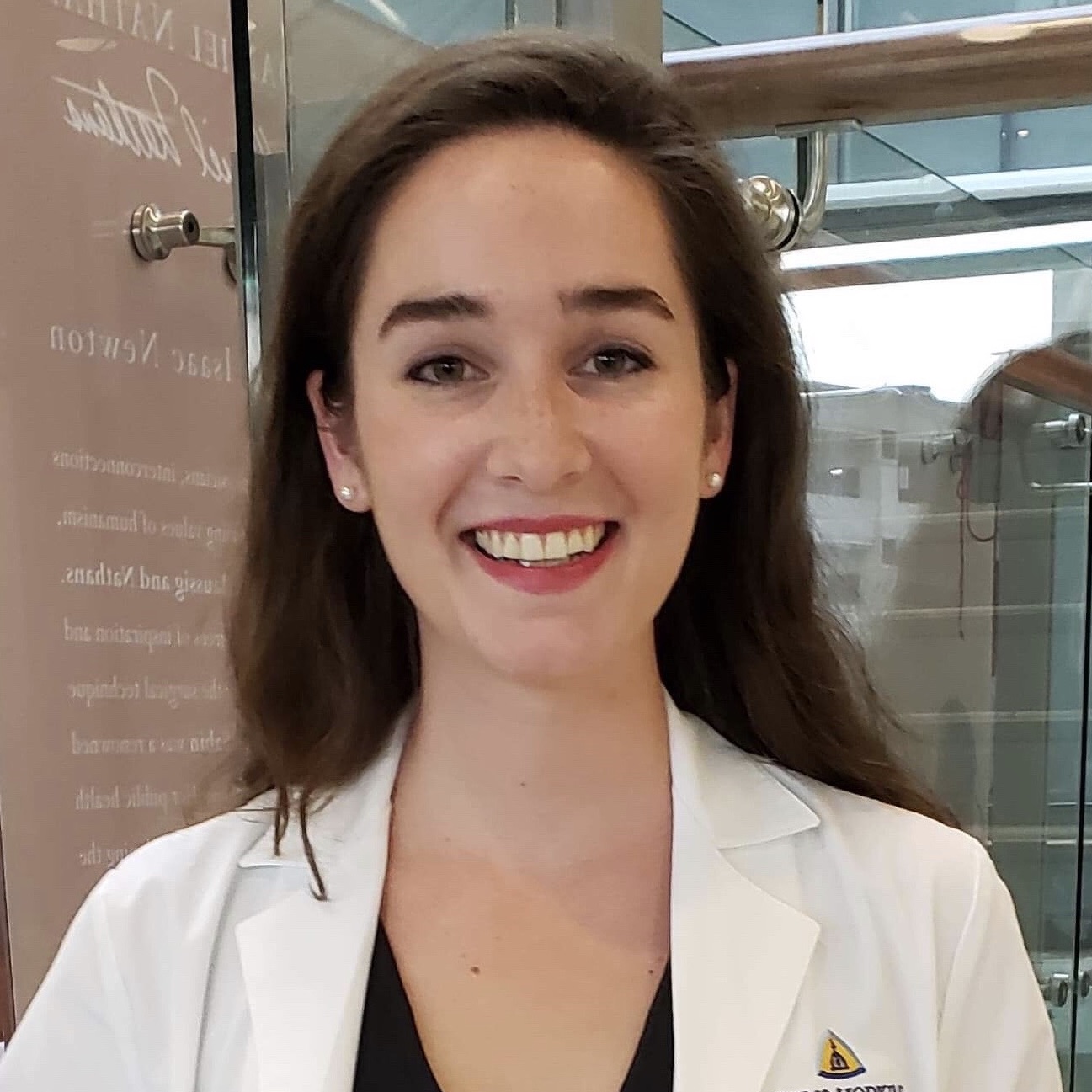
Hallie Gaitsch
- Alumni
- United States
- 2021 PhD Clinical Neurosciences
- Jesus College
While completing my B.S. in Molecular, Cellular, and Developmental Biology at Yale University, I had the opportunity to work on a variety of research projects spanning the fields of computational genomics, viral pathogenesis, immunology, and neuroscience. After graduation, I entered medical school as a student in the Johns Hopkins Medical Scientist Training Program, where I continued to expand my interests in infectious and immune-mediated disorders of the central nervous system. During my PhD in Clinical Neurosciences, I will undertake a collaborative project between the NIH and Cambridge focusing on using remyelination biology and spatiotemporal modeling of multiple sclerosis lesion development to create a method for effectively assessing myelin protection and regeneration. Additionally, I will seek to investigate the underlying processes, including those involving environmental, infectious, and autoimmune factors, that contribute to neuroinflammatory pathology and subsequent demyelination and neurodegeneration. I am honored to be a Gates Scholar and am eager to use my training to pursue a career as a physician-scientist that combines clinical medicine, translational research, and teaching.
Previous Education
Johns Hopkins University Medicine 2027
Yale University Mol., Cell. & Dev. Biology 2019
University of Cambridge Study Abroad 2017
Lila Gaudencio Ribeiro Cabral
- Scholar
- Brazil, Uruguay
- 2021 PhD Latin American Studies
- Trinity Hall
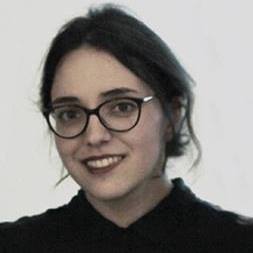
Lila Gaudencio Ribeiro Cabral
- Scholar
- Brazil, Uruguay
- 2021 PhD Latin American Studies
- Trinity Hall
As an undergraduate studying Visual Arts at the Federal University of Minas Gerais, I developed an interest in the relationship between politics and aesthetics, and how it visually manifests in symbolic places of power such as money. I started researching "oficial" banknotes, when I came across community currencies and became immediately fascinated by them – resulting in my masters dissertation. Brazil has over 100 different community banks, and is a unique case study in the subject, as social money has been a public policy for the development of low-income territories since 2003. Due to COVID-19, the capacity and potential of these local self-managed organizations have shown to be efficient in protecting communities through a cycle of solidarity that strengthens them – and their economy – as a whole. Therefore, for my PhD in Latin American Studies at Cambridge, I intend to expand my previous work, further understanding how these currencies impact their communities by shifting ideas of value, power, democracy and citizenship. More so, I aim to identify what methodologies ensure long-term success, in order to help expand this plural, horizontal and collaborative network that has formed in favor of a more just economic system.
Previous Education
Universidade Federal de Minas Gerais Arts 2019
Universidade Federal de Minas Gerais Visual Arts 2016
Nicholas Goldrosen
- Scholar
- United States
- 2021 PhD Criminology
- Emmanuel College
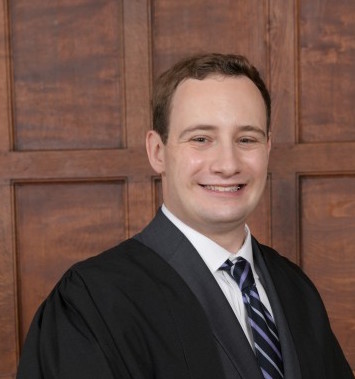
Nicholas Goldrosen
- Scholar
- United States
- 2021 PhD Criminology
- Emmanuel College
My research uses network analysis and other quantitative methods to study police misconduct and related phenomena. In particular, I am interested in developing methods to identify both misconduct-prone officers and officers who are resilient to negative peer influences. Additionally, my research examines how sanctions for misconduct and other official responses affect future misconduct. My other research interests include progressive prosecution and the intersections of local government law and criminal justice reform.
Previous Education
University of Cambridge Criminological Research 2021
Williams College Political Science and Math 2020
Julia Gustafson
- Scholar
- United States
- 2021 PhD Archaeology
- Magdalene College
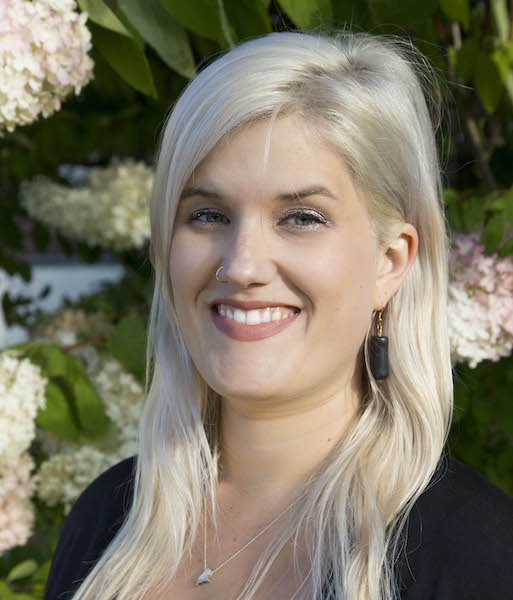
Julia Gustafson
- Scholar
- United States
- 2021 PhD Archaeology
- Magdalene College
I grew up in New England and after a ten-year break from my education, attended the University of Southern Maine (USM) where I studied Geography-Anthropology with a focus in archaeology. It was during my time at USM that I developed a passion for indigenous rights advocacy and the role that archaeology can play in helping to transform the world. After I earned my bachelors degree, I moved on to pursue a masters in Landscape Archaeology at the National University of Ireland Galway. My PhD at Cambridge focuses on the Nuraghe of Sardinia and the role that these monumental structures have played throughout time. As a Gates Cambridge recipient I am honoured to join a community of like-minded scholars who are committed to making a difference in their fields and the world.
Previous Education
National University of Ireland-Galway Landscape Archaeology 2021
University of Southern Maine Geography-Anthropology 2020
Maria Alegria Gutierrez Guillen
- Scholar
- Spain
- 2021 PhD Applied Mathematics & Theoretical Physics
- King's College
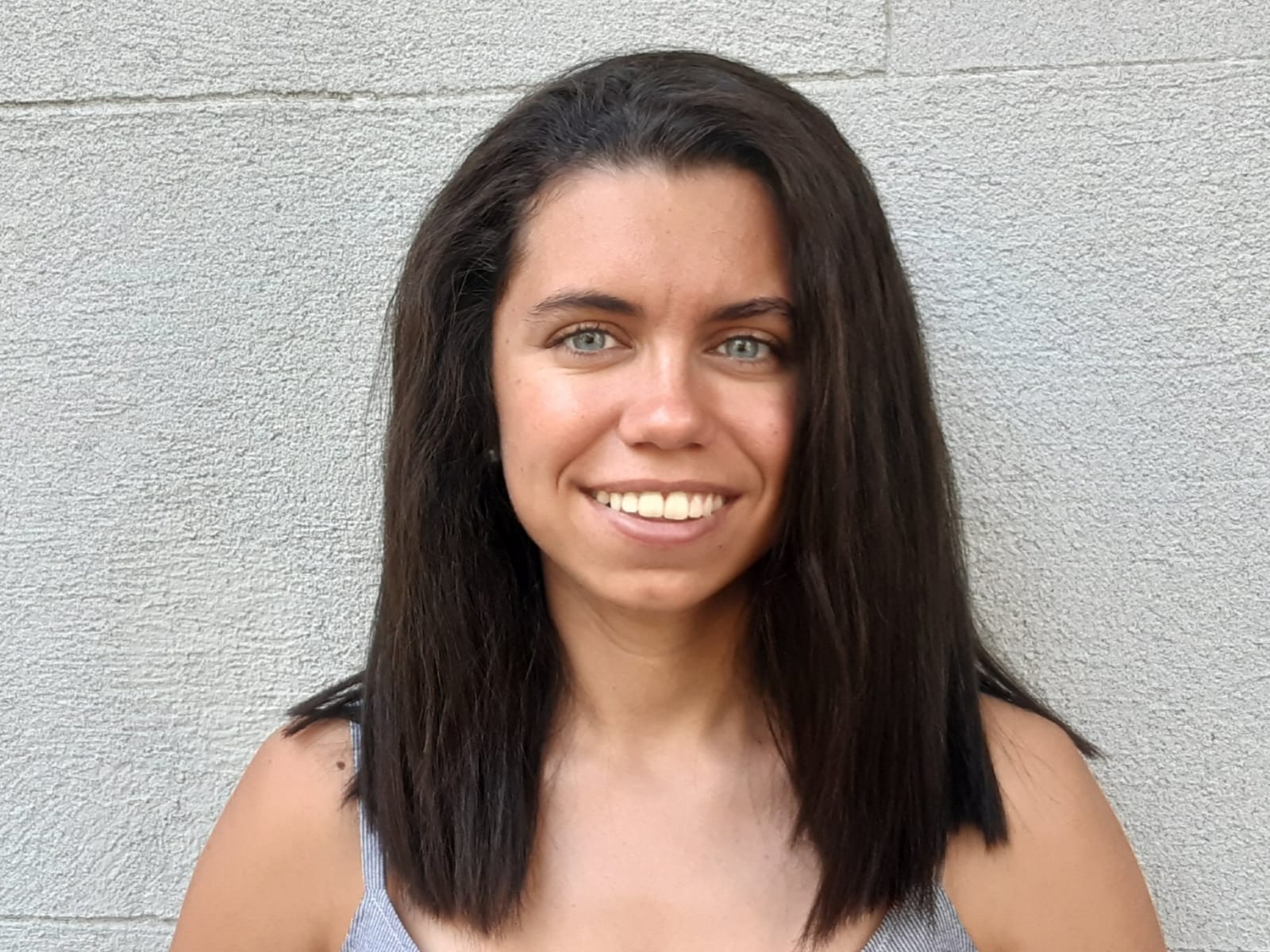
Maria Alegria Gutierrez Guillen
- Scholar
- Spain
- 2021 PhD Applied Mathematics & Theoretical Physics
- King's College
I lived in Madrid until age 17 when I moved to study Mathematics at Cambridge, Christ’s College. In my undergraduate, I developed an interest in the applications of mathematics and I took up summer research projects in mathematical biology (population dynamics) and cosmology. In Part III, my integrated master, I am specialising in theoretical physics and applied mathematics. My Part III essay, supervised by Dr Adhikari, explores potential uses of the renormalization group in epidemiology, to better understand the multiple length and time scales of epidemic processes. During my PhD with Prof Julia Gog, I will formulate mathematical models for the spread of infectious diseases, with emphasis on the COVID-19 pandemic, which I hope will be useful in future pandemics. As an applied mathematician and aspiring mathematical biologist, my goal is an academic career focused on mathematical epidemiology, with the aim of contributing to global health and biosecurity by researching the most threatening diseases. I am also interested in improving the gender gap in STEM academia and making science work more effectively. I am honoured to join the Gates Cambridge community which I am sure will be a great part of my next stage at Cambridge.
Previous Education
University of Cambridge Mathematics 2021
Emilie Hertig
- Scholar
- Switzerland
- 2021 PhD Astronomy
- Trinity College
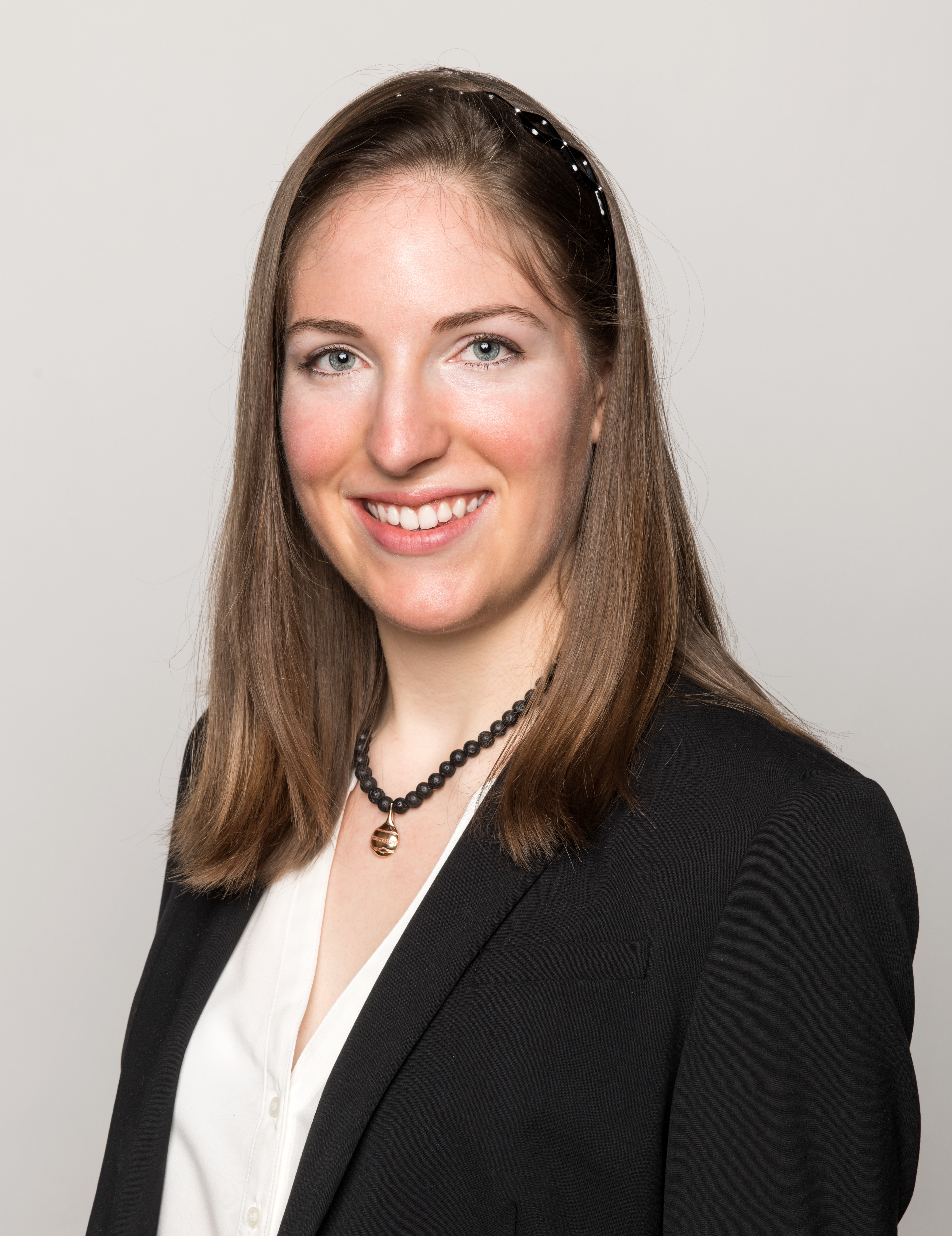
Emilie Hertig
- Scholar
- Switzerland
- 2021 PhD Astronomy
- Trinity College
My passion for astronomy has been an integral part of most of my life: as I realized at the age of 12 that current theories only explain 5% of the cosmos, making a scientific contribution that would shed light on the dark sector of cosmology became my main career goal. Several years later, this unwavering curiosity motivated my Honours thesis centred on the calibration of the CHIME telescope. I then collaborated with the H0LiCOW team, analysing lensed quasars as probes of the Hubble constant, before focusing on the use of machine learning to search for deviations from general relativity in gravitational waves. While studying quantum field theory, I became fascinated by the interconnectedness between the smallest and largest scales of the universe, a central issue in inflationary physics. My PhD will aim to detect signatures of primordial gravitational waves in the CMB and constrain models of the early universe. Despite the abstract nature of my topic, I hope for my research to make a broader impact through the development of computational methods with a wide range of applications. Becoming a Gates Scholar is a great honour which will also allow me to build upon my experience with science outreach and advocating for women in STEM.
Previous Education
Ecole Polytechnique Fédérale de Lausanne Physics 2021
University of British Columbia Physics 2019
Ecole Polytechnique federale de lausanne Physics 2019
Emma Houiellebecq
- Alumni, Scholar
- Canada, United Kingdom
- 2016 MPhil Engineering for Sustainable Development
2021 PhD Engineering - St John's College

Emma Houiellebecq
- Alumni, Scholar
- Canada, United Kingdom
- 2016 MPhil Engineering for Sustainable Development
2021 PhD Engineering - St John's College
I have always been fascinated in how to approach complex problems. This fascination first led me to study Civil Engineering as an undergraduate, and Engineering for Sustainable Development as a graduate, where I was able to gain skills that would allow me to contribute to real challenges in the world. Over recent years, I have put these skills into practice while working with NGOs and the International Committee of the Red Cross in countries affected by disaster or conflict in southern and eastern Africa and the Middle East. During these experiences, I have seen how challenging it can be to respond to complex urban crises where, over time, the additional strain on services and the eventual degradation of public infrastructure compounds the likelihood of wide-scale public health crises. At Cambridge, my research will explore how to strengthen the resilience of essential infrastructure and services in fragile urban contexts which are faced by a convergence of protracted insecurity, climate risks, and environmental degradation. I am honoured to have been selected for a Gates Cambridge Scholarship and I look forward to joining a cohort of inspirational leaders and scholars who are contributing to real change in this world.
Previous Education
University of Cambridge Eng. for Sust. Development 2017
University of British Columbia Civil Engineering 2013
Adaiah Hudgins-Lopez
- Scholar
- United States
- 2021 MPhil Social Anthropology
2022 PhD Social Anthropology - Trinity College
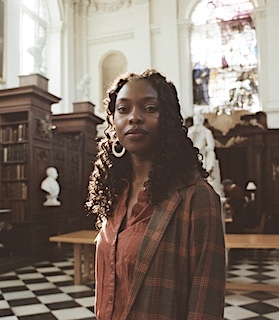
Adaiah Hudgins-Lopez
- Scholar
- United States
- 2021 MPhil Social Anthropology
2022 PhD Social Anthropology - Trinity College
I am from Detroit, Michigan and spent my teenage years in Pittsburgh, Pennsylvania. During my studies in Anthropology and English at Bowdoin College, I explored how humans express differences in their lived experiences to each other. I was a recipient of the Mellon Mays Undergraduate Fellowship, through which I studied how storytelling can facilitate communication across differences in the context of school district community engagement. My professional experiences after Bowdoin solidified and honed my commitment to serving people while introducing me to the intersections of law, community engagement, and the American immigration system. In my MPhil research, I studied the unique immigration legal services provided to undocumented Latinos in the Detroit (USA) and Windsor (Canada) transborder area by virtue of their proximity to each other. My PhD in Social Anthropology explores Latine community building, citizenship practices, and hopes & futures as analytics to better understand post-industrial, aspirational Detroit as an urban borderland. By rooting my research in studies of immigration law, social service provision, and formations of collective identity in urban space, I hope to elevate marginalised voices and promote the autonomy of this complex, vibrant community. I am honoured to be a part of the Gates Cambridge community, where we all strive to learn how to serve people better.
Previous Education
University of Cambridge Social Anthropology 2022
Bowdoin College Anthropology, English 2018
Zsuzsanna Ihar
- Scholar
- Australia, Slovakia
- 2021 PhD History and Philosophy of Science
- Churchill College
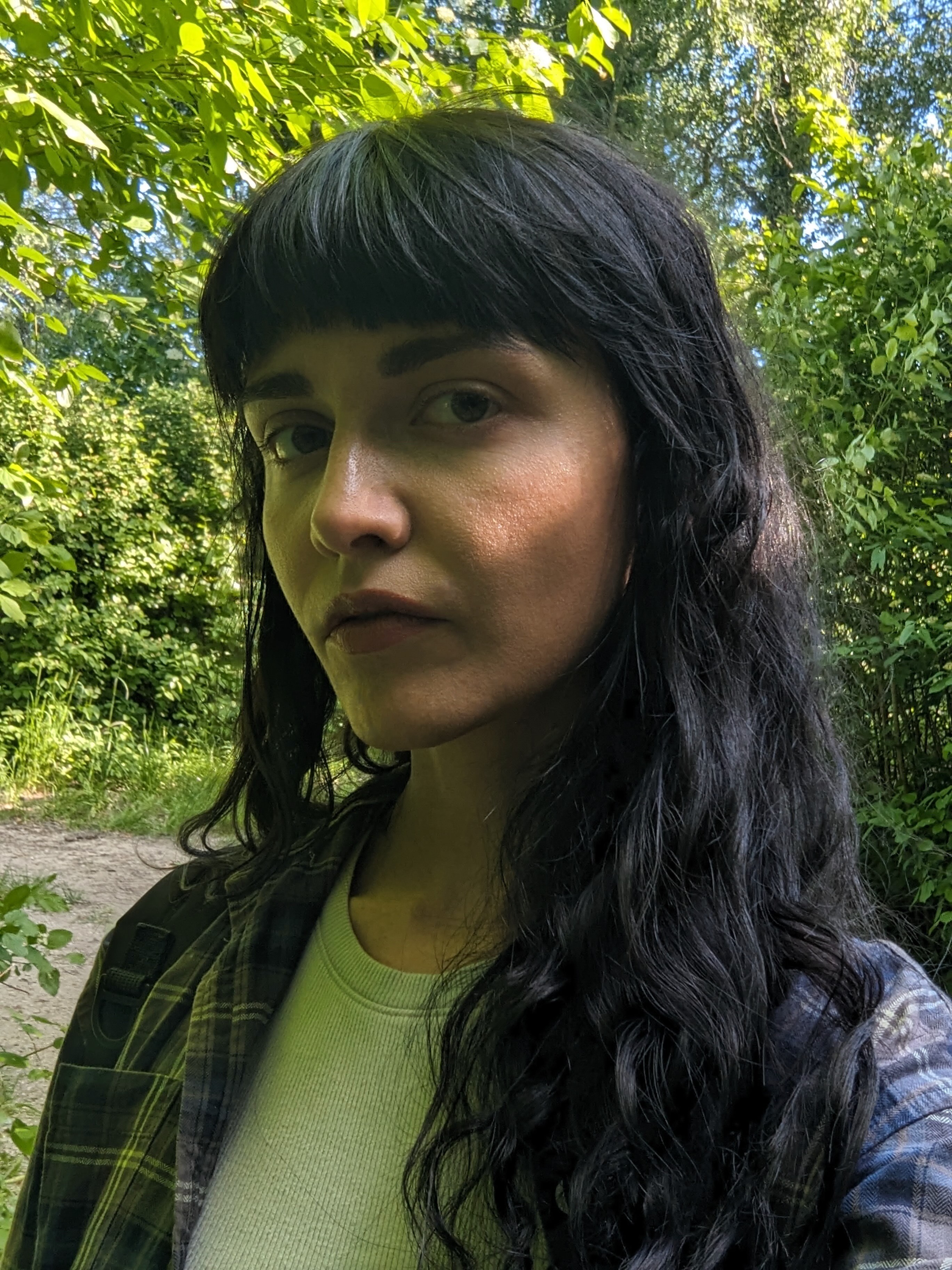
Zsuzsanna Ihar
- Scholar
- Australia, Slovakia
- 2021 PhD History and Philosophy of Science
- Churchill College
Zsuzsanna Ihar is a PhD candidate in History and Philosophy of Science at the University of Cambridge and a Landhaus Fellow at the Rachel Carson Centre. She is also a Gates scholar and a member of the research project “From Collection to Cultivation”—a Wellcome-funded research initiative led by Prof. Helen Anne Curry. Since 2023, Ihar has convened the research network “Military Surplus: Toxicity, Industry and War,” funded by the Centre for Research in the Arts, Humanities and Social Sciences (CRASSH), with Dr. Layla Renshaw, Prof. Paola Filippucci, and Jo Sweeney. She was previously a Knowledge Management Fellow at the International Center for Agricultural Research in the Dry Areas (ICARDA), and a Research Fellow at the Consortium for History of Science, Technology and Medicine. Her dissertation, titled 'Missiles, Modernity, and the Machair: A History of the Scottish Hebrides and its Militarisation (1940-2024)', examines the impact of military infrastructure, technology, and R&D on the rural communities of the Hebridean archipelago. She is interested in the knowledge-making practices of both military personnel and civilians, militarised imaginaries, livelihoods, and lore, as well as the impact of military decisions on the everyday. Her research engages with declassified military documents, oral history collections, and activist archives. She has conducted fieldwork in both the Outer and Inner Hebrides.
Links
https://www.hps.cam.ac.uk/directory/ihar
https://www.linkedin.com/in/zsuzsannaihar
Myesha Jemison
- Scholar
- United States
- 2021 PhD History and Philosophy of Science
- Trinity College
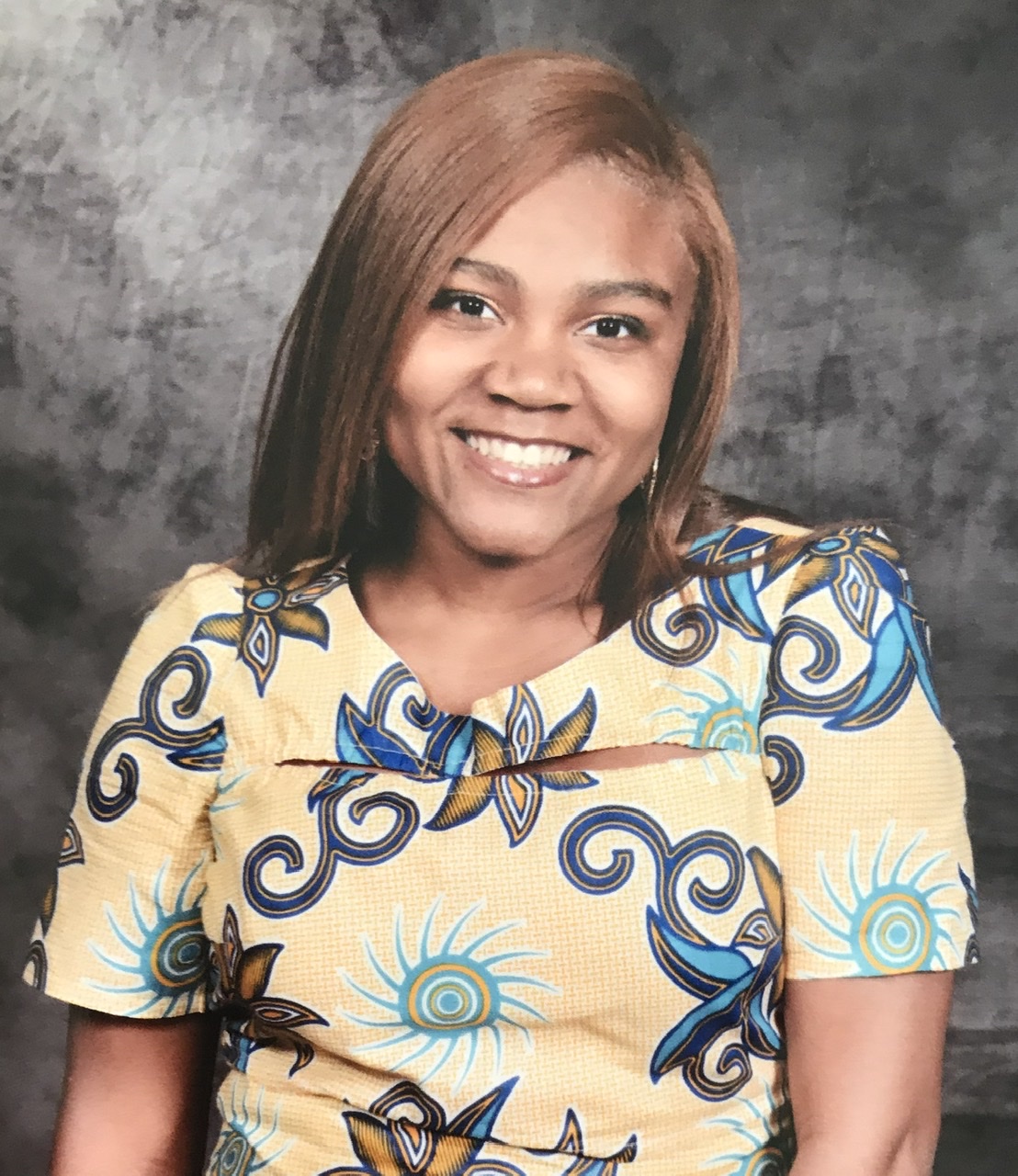
Myesha Jemison
- Scholar
- United States
- 2021 PhD History and Philosophy of Science
- Trinity College
My Princeton University and Columbia University degrees weren’t the first to teach me that inequity in education opportunities and outcomes is wide-spread, yet poorly-addressed. Writing my college and scholarship essays on my smartphone and having my mother bus me to the best free advanced academic programs available outside my neighborhood taught me that. When coupled with biases in technology that scholars like Ruha Benjamin, Joy Buolamwini, and Timnit Gebru expose, the future of EdTech and its ability to widen educational divides and be complicit in anti-Black racism is concerning. This conviction will guide my Cambridge PhD research as I investigate the use of EdTech applications by out-of-school youth (OSY). In meditating on what I aim to accomplish in the realm of EdTech, I ultimately start by questioning and analyzing how we adapt technology to students’ learning needs, working alongside students to design interventions. Moreover, I will grapple with how education can be made more equitable and how research is more than a distorted reflection imagined by outsiders studying communities unfamiliar to them. Rather, it’s an interrogation of how the Western world relinquishes agency and legitimacy to these communities.
Nikita Jha
- Scholar
- India
- 2021 PhD Education
- Newnham College
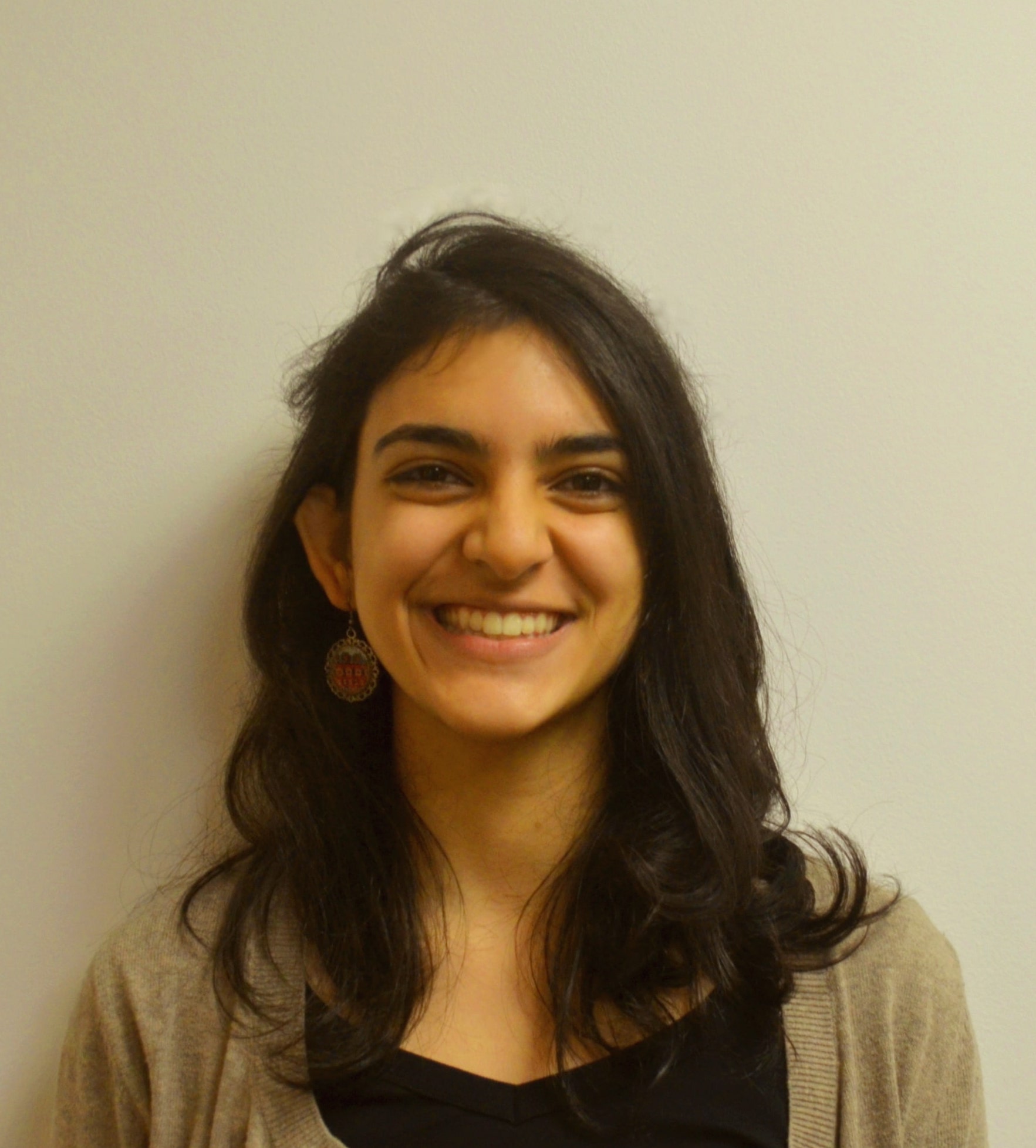
Nikita Jha
- Scholar
- India
- 2021 PhD Education
- Newnham College
I have always had a fascination for how ‘education’ is designed. But it was an unlikely success story from North India that brought this diffused interest into sharp focus in the form of child-centric education. The story was that of an NGO running non-formal (alternative) schools for children living in slums. Every year, its makeshift schoolrooms would see child labourers become advocates for completion of schooling, the ‘reverse-education’ of illiterate parents through their children, and students outperforming their peers upon entering formal (mainstream) schools. The principle at the heart of this NGO: child-centricity.Across the country are many such scattered initiatives solving globally-prioritised problems of access, retention, and quality that nations have grappled with for decades. Studying similar efforts so as to identify patterns in their success could reveal how schools may be better designed to serve children from low-income families, with the particularities of their needs and circumstances.My PhD research will compare how non-formal and formal schools empower such children, identifying the factors that influence their academic, social, and economic agency. Holding potential solutions to the policy-practice gap in India and wider developing contexts, this research will be a step towards my hope of helping to pave the way to more child-centric, context-sensitive education systems that better serve all by serving those most at risk.
Previous Education
University of Cambridge Education (EGID) 2020
The University of Edinburgh Social Policy (with SPS) 2019
Amy Jin
- Scholar
- United States
- 2021 PhD Engineering
- Peterhouse
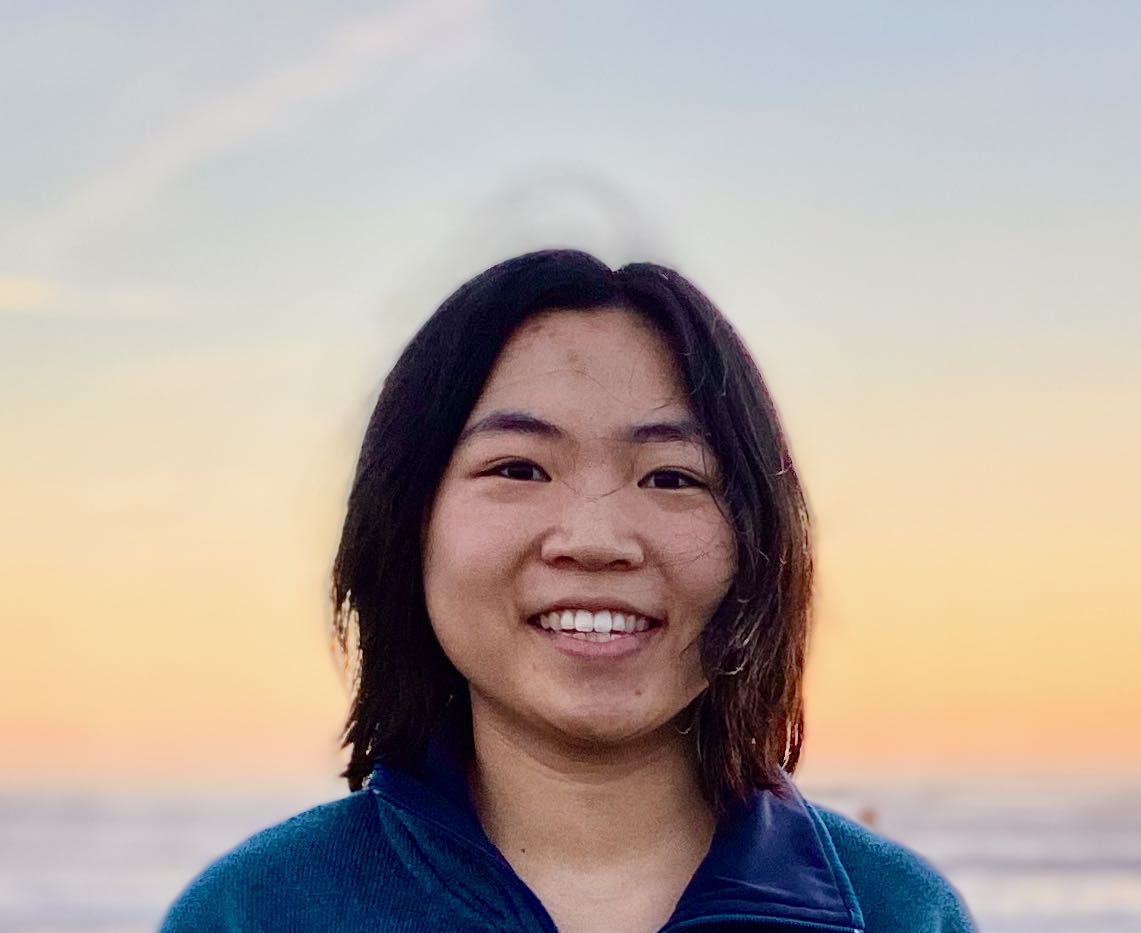
Amy Jin
- Scholar
- United States
- 2021 PhD Engineering
- Peterhouse
I have always admired the incredible resilience, adaptability, and complexity of life. While studying biological engineering and electrical engineering & computer science at MIT, I started to think of nature itself as a master engineer, spending billions of years perfecting the mechanisms that have sustained life. Working at the interface of biology and electronics allows for powerful treatments that can address serious gaps in medicine. For my research in bioelectronics, I plan to develop medical technology for targeted drug delivery to the brain. This approach opens up a myriad of applications—improving treatment for brain cancers, epilepsy, multiple sclerosis, and neurodegenerative diseases. I look towards building networks of problem solvers as a Gates Scholar to adapt medicine around the world.
Previous Education
Massachusetts Institute of Technology Biological Engineering 2021
Jasmine Jordan
- Alumni, Scholar
- United States
- 2021 MPhil Criminological Research
2022 PhD Criminology - Wolfson College
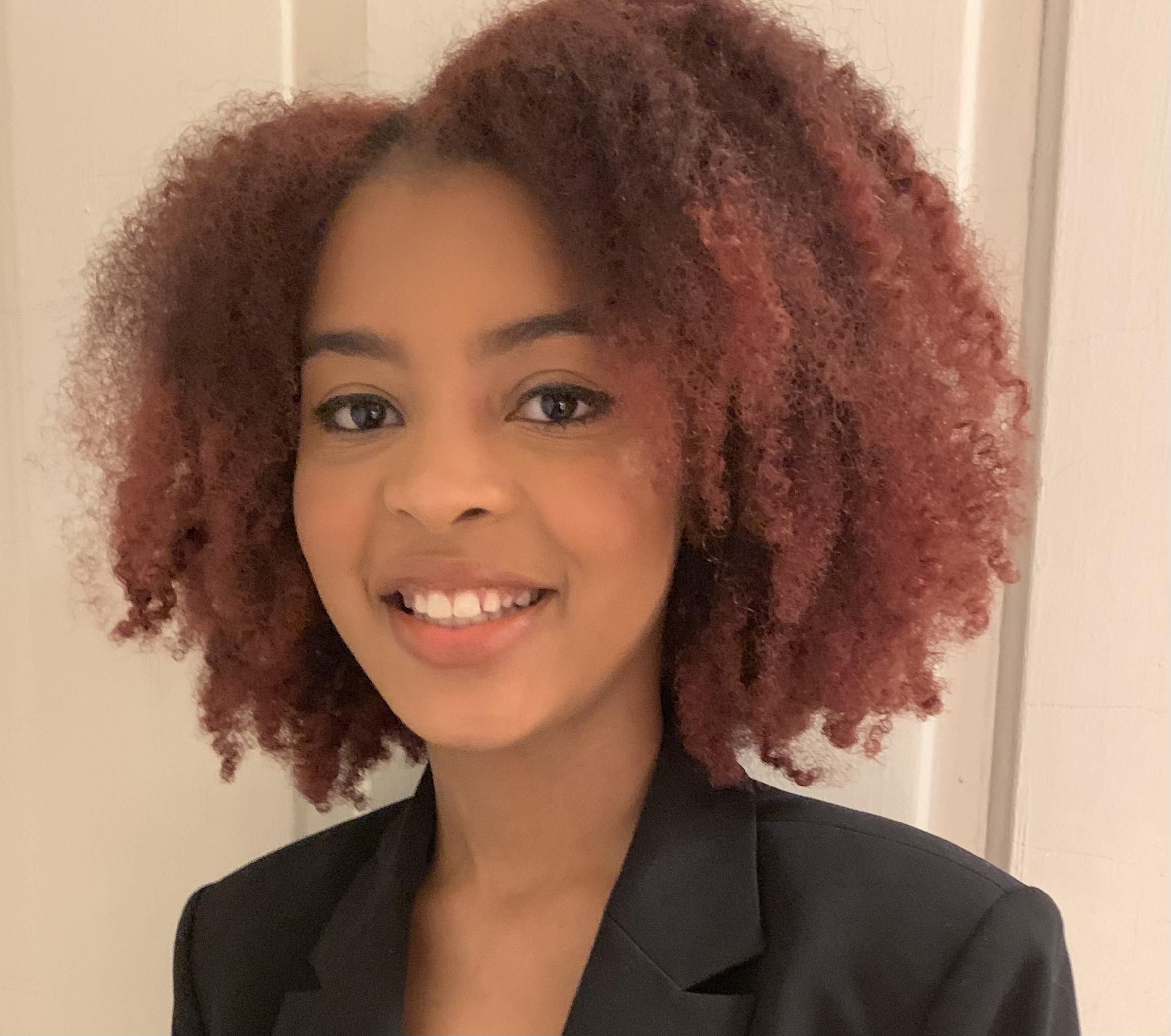
Jasmine Jordan
- Alumni, Scholar
- United States
- 2021 MPhil Criminological Research
2022 PhD Criminology - Wolfson College
A native of Detroit who attended Michigan State University to study Political Science, I am deeply committed to reforming a US criminal justice system that is expensive, frequently counterproductive, and terribly damaging to inmates, their families, entire communities, and the functioning of democracy. As an undergraduate I carried out research on racial hierarchies, the self-segregation of African American and Latinx students in university dorms, and the misrepresentation of minorities in US history high school textbooks. I also served as Michigan State’s President of the Council of Students with Disabilities and as Chief of Staff for a legal non-profit which, among other roles, represents refugees at risk of deportation. As an MPhil student in Criminological Research at Cambridge, I conduct research on the impact of incarceration on the political participation and community engagement of Black women and the symbiotic harms of their incarceration. I will expand my Mphil project to a larger mixed methods project for my PhD. This will prepare me for a career dedicated to making the US criminal justice system more rational, equitable, and humane.
Previous Education
University of Cambridge Criminology 2022
Michigan State University Political Science 2021
João Kelmer
- Scholar
- Brazil
- 2021 PhD Social Anthropology
- King's College
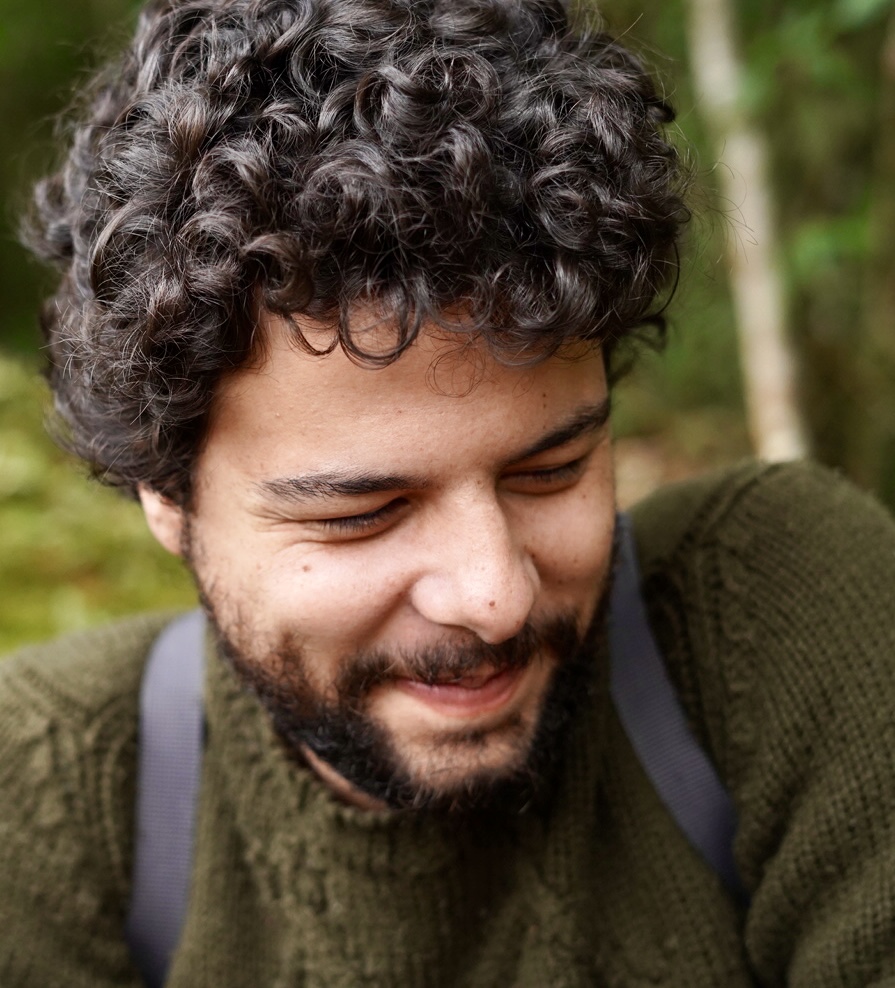
João Kelmer
- Scholar
- Brazil
- 2021 PhD Social Anthropology
- King's College
Among all of the Social Sciences, Social Anthropology has certain unique characteristics that captivated me as an undergraduate student at the Universidade Federal do Rio de Janeiro (UFRJ) in Brazil. Instead of defining social life in advance of its enquiry, the discipline defies any static conception or model of it. It does so by investigating the images that different peoples construct of humanity and society. Anthropological knowledge is thus inseparable from the countless situated knowledges it studies, which are irreducible to simple research objects. The people with whom I have decided to ally myself in this joint project are the Indigenous peoples of Lowland South America and, more specifically, the Boe (Bororo), inhabitants of the Central-Brazilian plateau. During my master's degree at the Museu Nacional (UFRJ), I investigated how kinship relations and name transmission weave the intricate socio-cosmological architecture of the Bororo. In my PhD at the University of Cambridge, I will produce an ethnographic account based on long-term fieldwork of this people's ritual life.
Previous Education
Federal University of Rio de Janeiro Social Anthropology 2021
Federal University of Rio de Janeiro Social Sciences 2019
Phillip Kieval
- Scholar
- United States
- 2021 PhD History & Philosophy of Science
- Hughes Hall
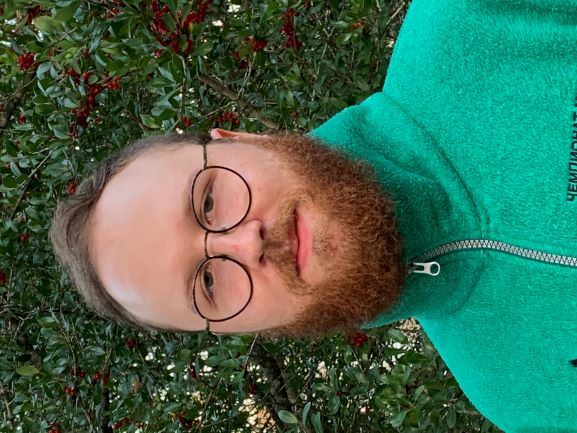
Phillip Kieval
- Scholar
- United States
- 2021 PhD History & Philosophy of Science
- Hughes Hall
My work focuses on the epistemic, moral, and political significance of machine learning in science and public life. Tackling these issues leads me to confront fundamental questions concerning the role non-epistemic values in science and technology, the relationship between various conceptions of objectivity and trust, and the nature and importance of uncertainy estimates for responsibility.
Previous Education
University of Houston Philosophy 2021
University of Houston Philosophy 2019
Anwesha Lahiri
- Scholar
- India
- 2021 PhD Medical Science at the MRC Epidemiology Unit
- Queens' College
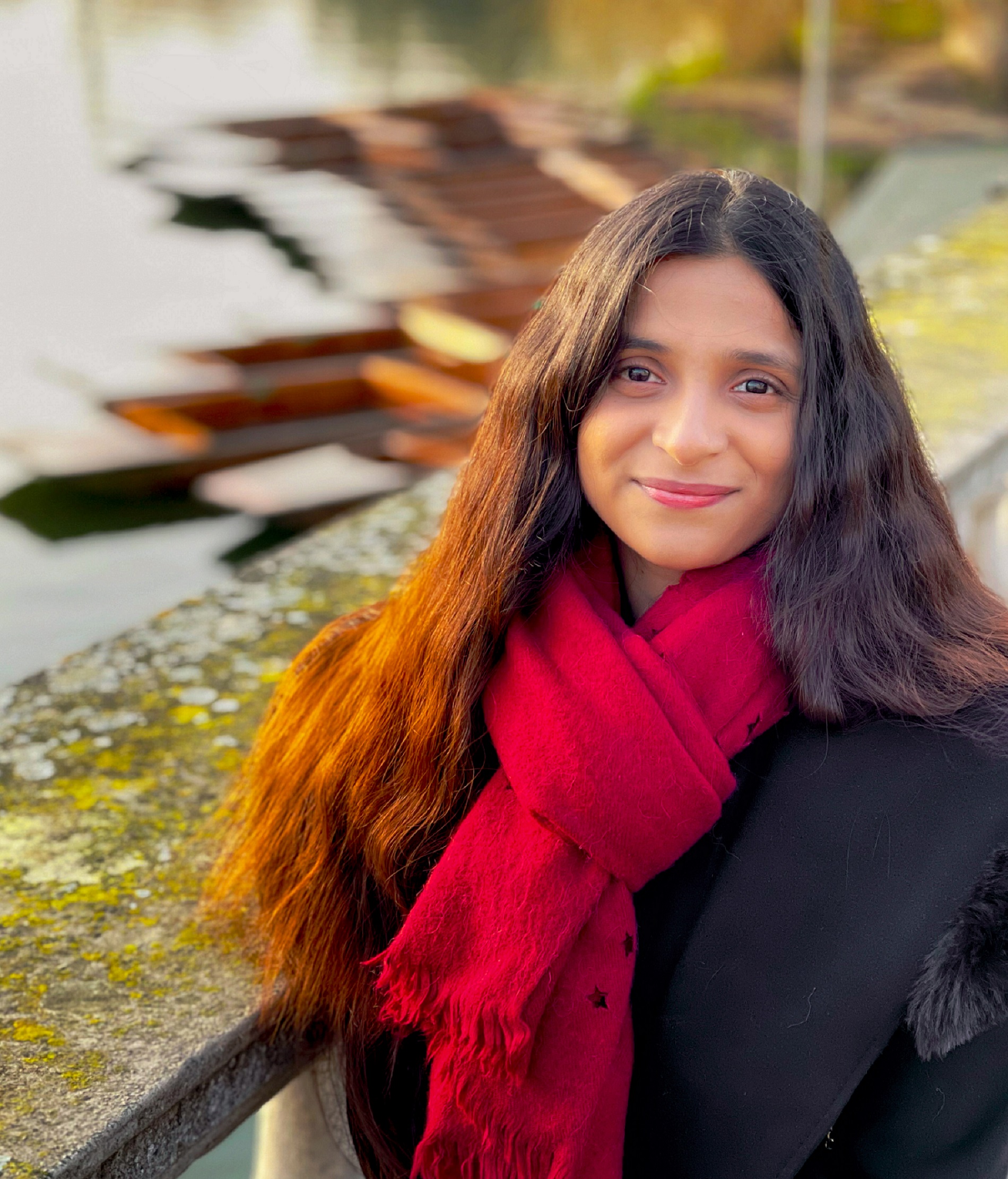
Anwesha Lahiri
- Scholar
- India
- 2021 PhD Medical Science at the MRC Epidemiology Unit
- Queens' College
Born in a family of doctors in India, I grew up looking at the world through a lens of seasoned physicians battling to save lives in resource-poor settings. While the academic in me developed an insatiable curiosity about the biological mechanisms of diseases, the social activist in me realized that exploring drivers of diseases at a population level is important to solve global health problems. My graduate studies at IIT Bombay and University of Cambridge cemented this understanding; extensive field research and work experience with UNICEF impressed upon me the importance of translating research findings into actionable evidence. My PhD seeks to explore the nutritional, lifestyle and metabolic risk factors of diabetes and cardiovascular diseases in South Asians; integrating clinical knowledge, statistics and public health. South Asians, constituting a fourth of the global population, experience a disproportionately high burden of these diseases, aggravated by inequities in biological risk, behavioural factors and access to health services. Through my research I wish to comprehensively examine the importance of modifiable risk factors in mitigating cardiometabolic disease risks in this population and inform country-specific policies and disease prevention strategies.
Previous Education
University of Cambridge Epidemiology 2021
Indian Institute of Technology - Bombay Technology and Development 2019
West Bengal University of Technology Biotechnology 2017
Nathanael Tsun Sum Lai
- Scholar
- Canada
- 2021 PhD History
- Hughes Hall
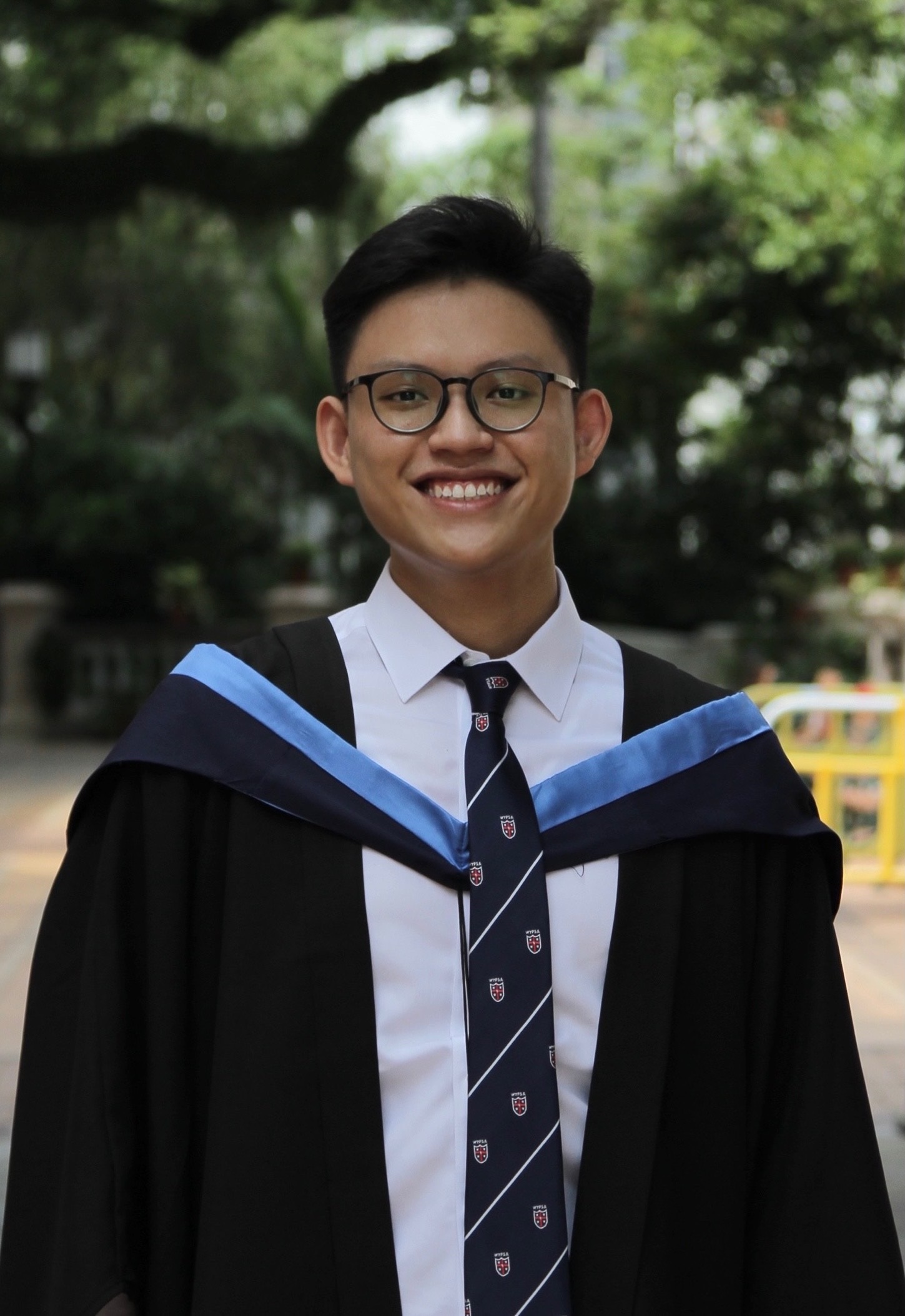
Nathanael Tsun Sum Lai
- Scholar
- Canada
- 2021 PhD History
- Hughes Hall
It is my hope—also conviction—that historical research can provide insights into how we make sense of our world today. To study History is also to appreciate the weight of truth. Most importantly, I hope my research can be part of a collective effort which helps people from my home, Hong Kong, weather stormy times and imagine their manifold futures. My undergraduate dissertation at HKU explores the city’s turbulent 1950s, not least the way upheavals at the time were written and remembered. As I began my MPhil at Cambridge, I decided to build upon such research to explore similar convulsions in Hong Kong and Singapore in the 1950s. My dissertation fleshes out their connected histories and examines the way Hong Kong and Singapore figured side by side from and beyond the British perspective. I am interested in how the movement of people, objects, and ideas drew the two colonies together. My PhD research will adopt a larger time frame to probe how people in both colonies came to terms with moments of radical change. It also hopes to further explore how ideological currents—from nationalism to the language of human rights, multiculturalism to the cause of democracy—cut across boundaries and pervaded Hong Kong, Singapore, and beyond.
Previous Education
University of Cambridge MPhil in World History 2021
University of Hong Kong History & English Studies 2020
Colin Lee
- Scholar
- Singapore
- 2021 PhD Medicine
- King's College
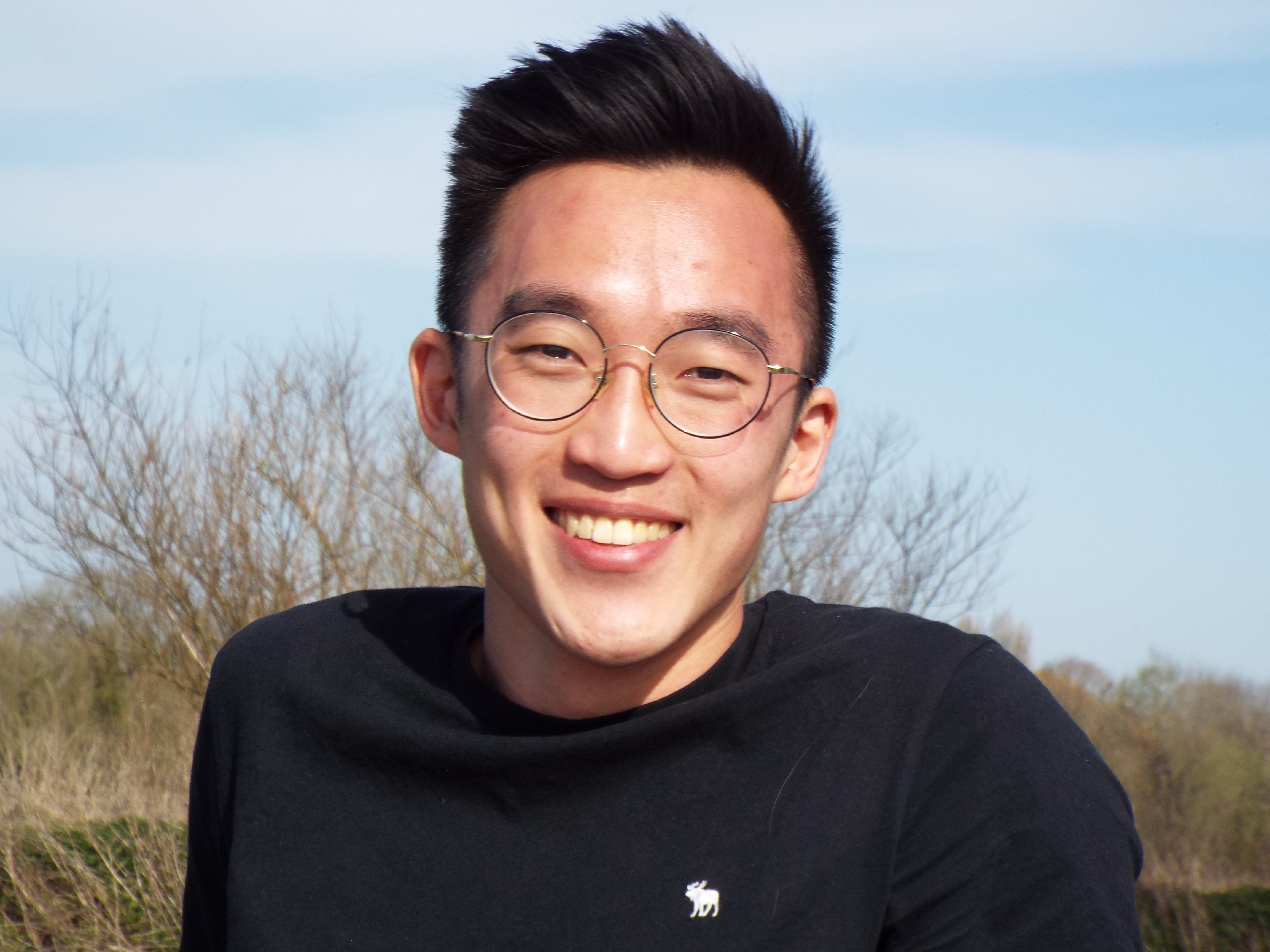
Colin Lee
- Scholar
- Singapore
- 2021 PhD Medicine
- King's College
Most have a favourite colour, I have a favourite cell. Macrophages are tissue-resident immune cells that are the ‘first ones in and last ones out’ in most tissue insults. This crush started in 2018, while investigating a rare immune disorder where chronic EBV infection drove uncontrolled macrophage activation, corrupting our biggest ally into a fatal enemy. I went on to study these cells in other contexts, including pregnancy, where placental macrophages have a plethora of roles essential for fetal health. By the midpoint of my medical studies at Cambridge University, I was committed to dedicating more time to immunology research, which has the potential to transform all fields of medicine. For my PhD, I bring my interests in tissue-resident immunity to triple negative breast cancer (TNBC). TNBC is the most aggressive form of breast cancer and the lack of effective therapies in TNBC is a major unmet clinical need. By combining computational methods with functional disease models, I hope to derive translatable insights to antibody and macrophage-directed responses within tumours, which may yield novel therapeutic strategies in TNBC. Outside of the lab, I am passionate about sports, education outreach and medical education.
Previous Education
University of Cambridge Medicine 2020








